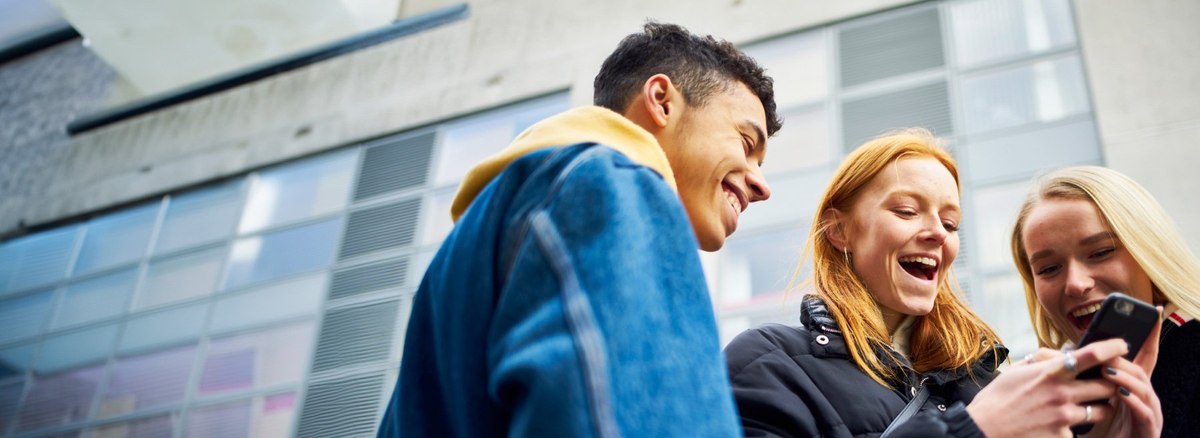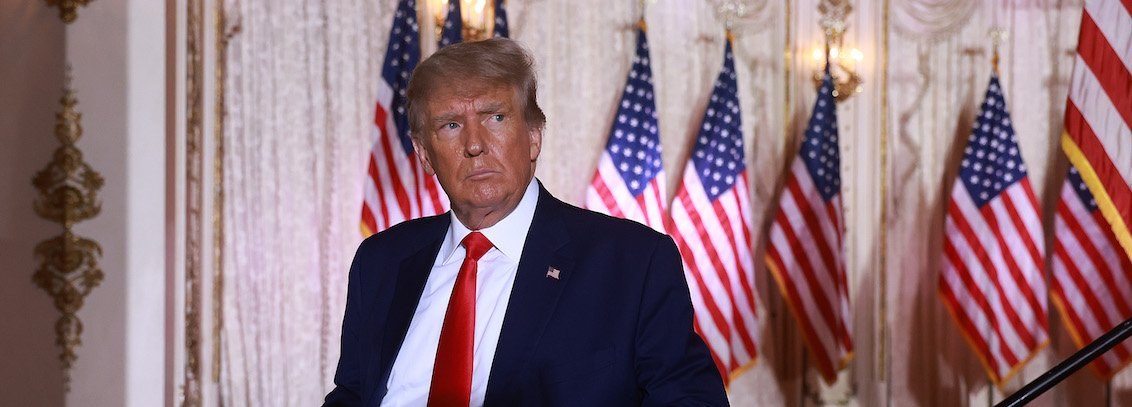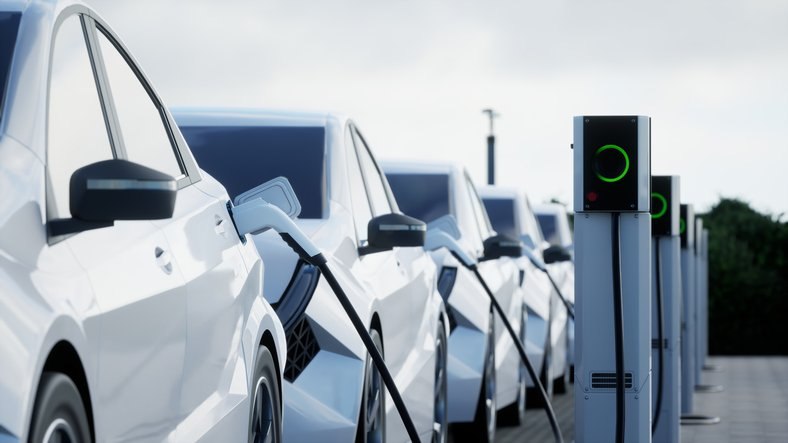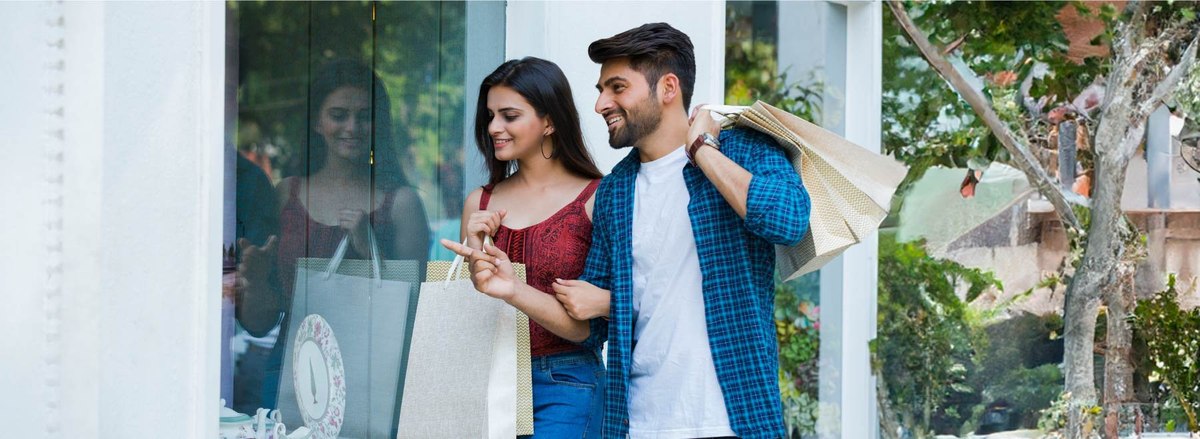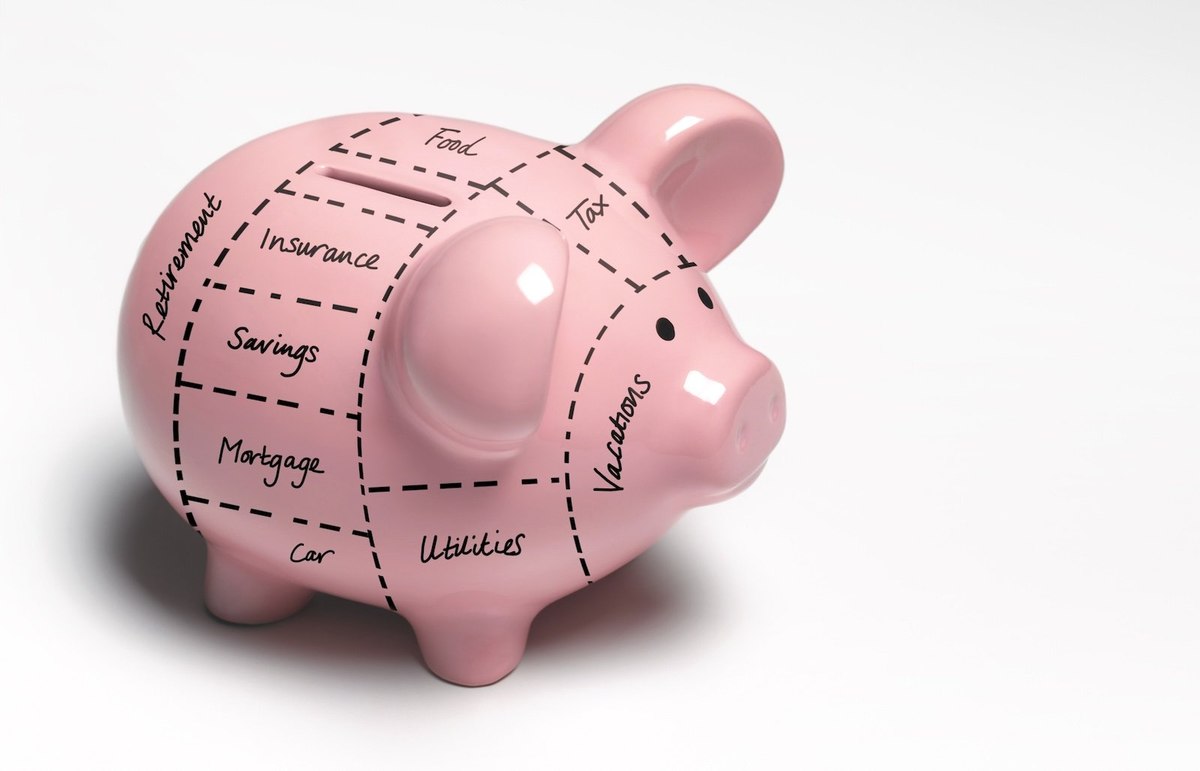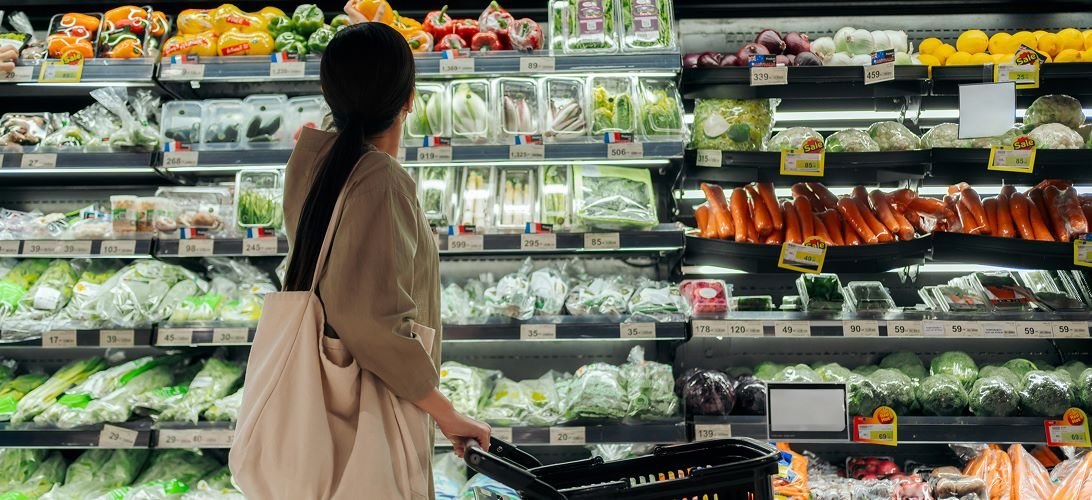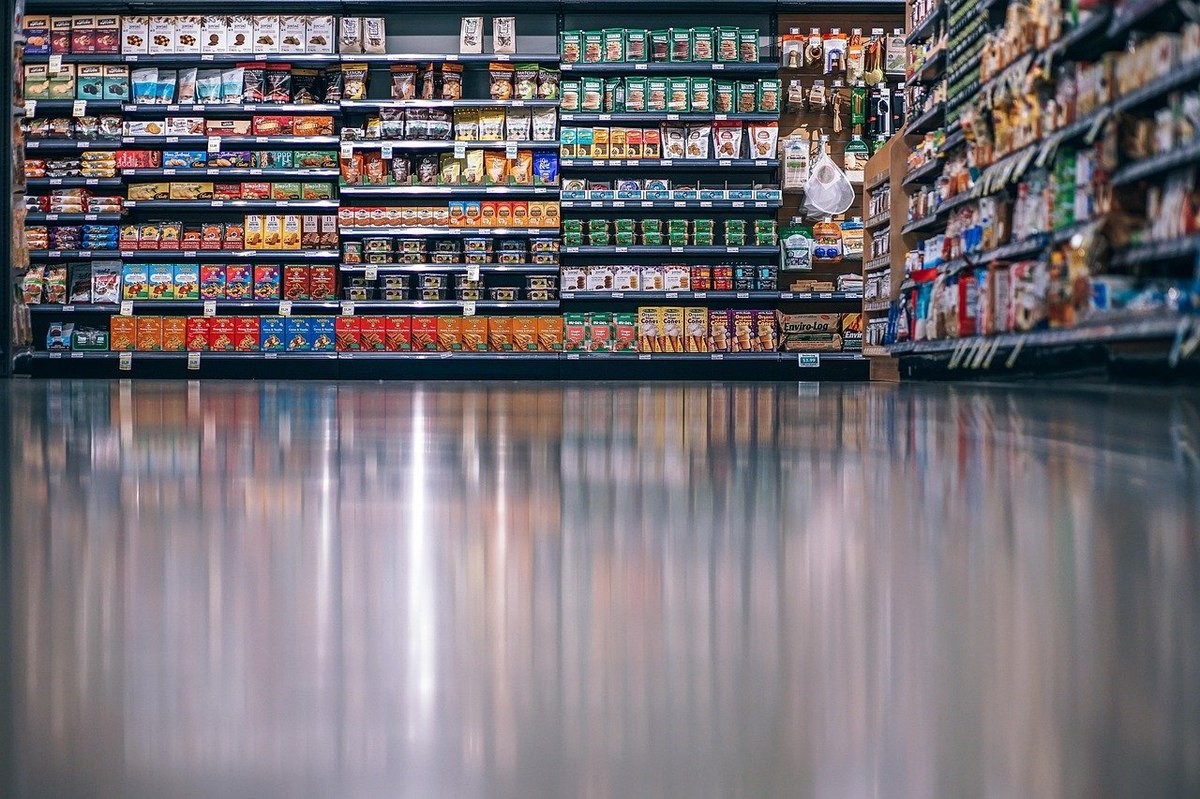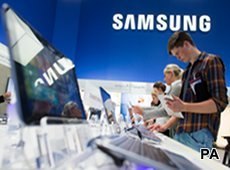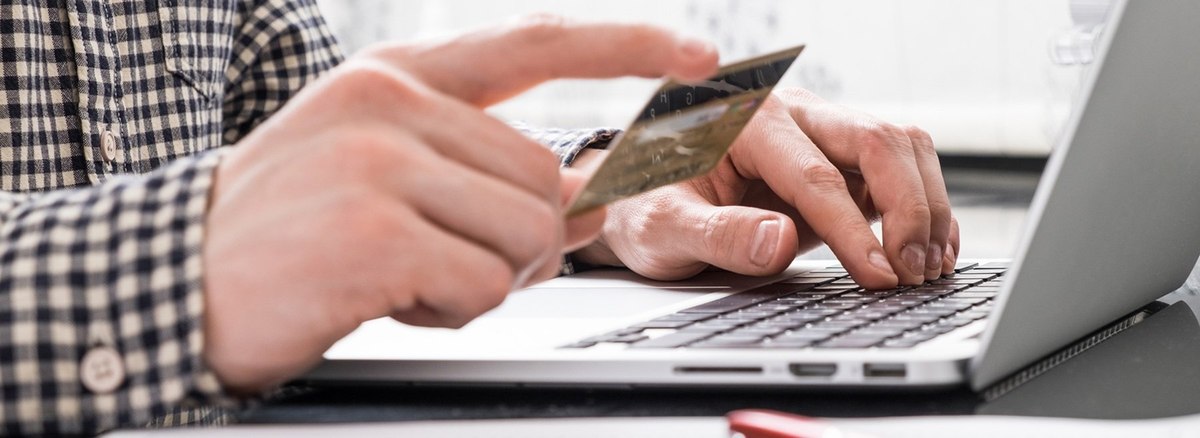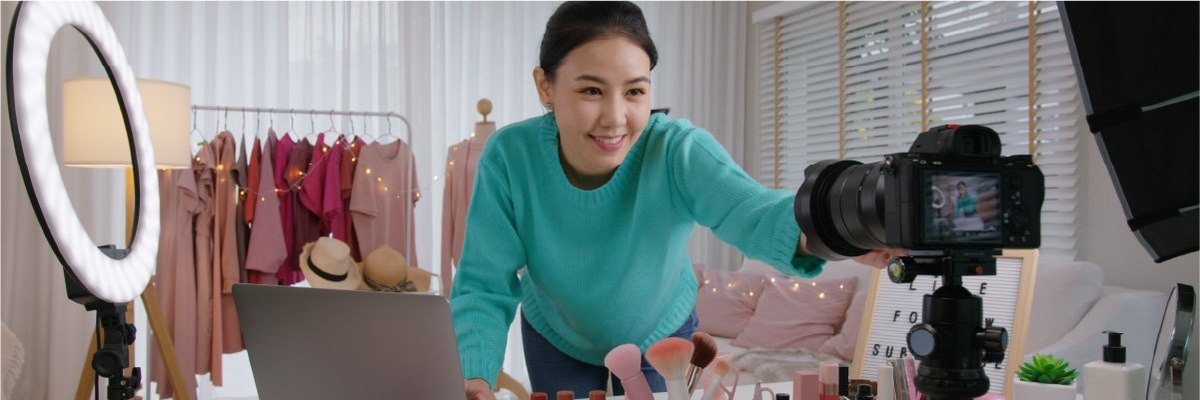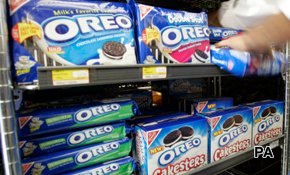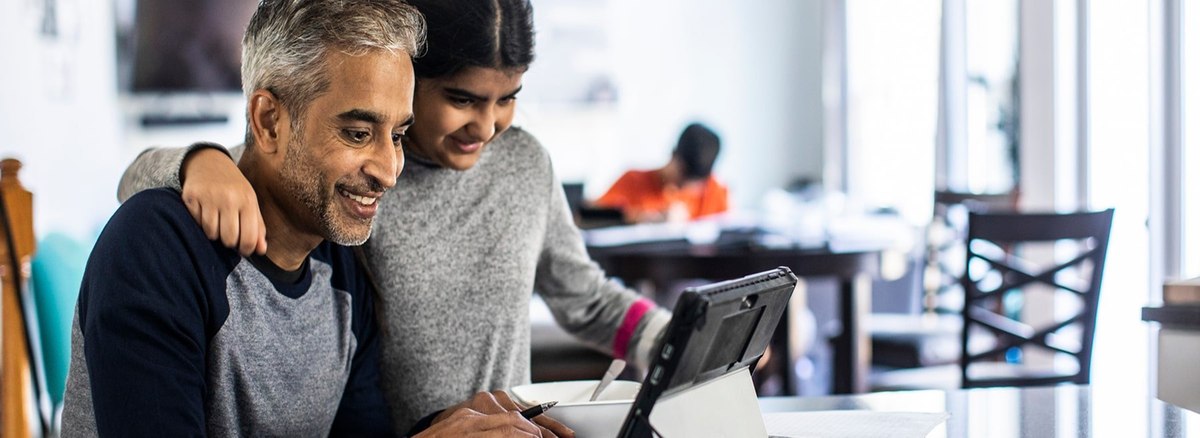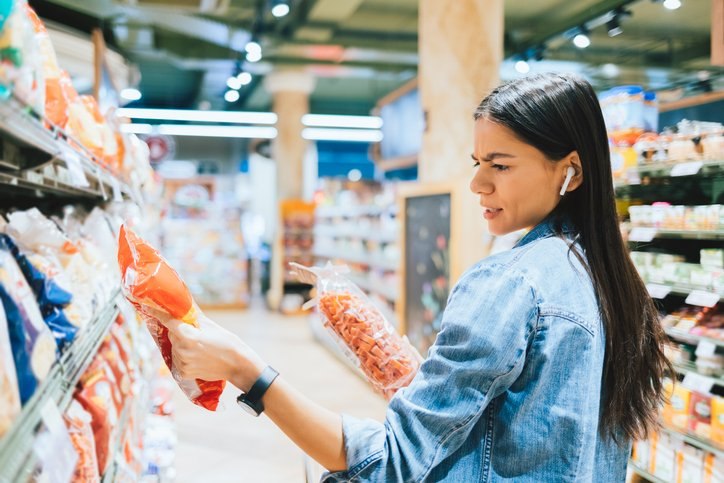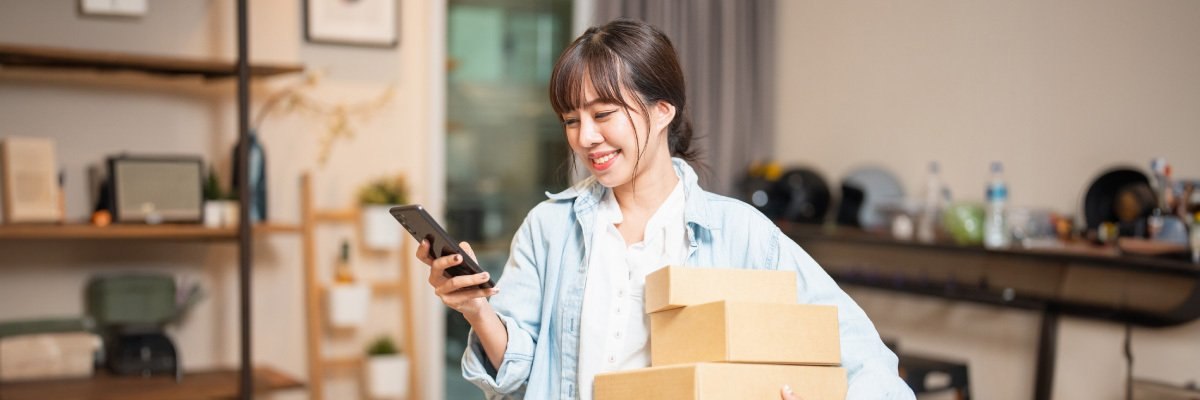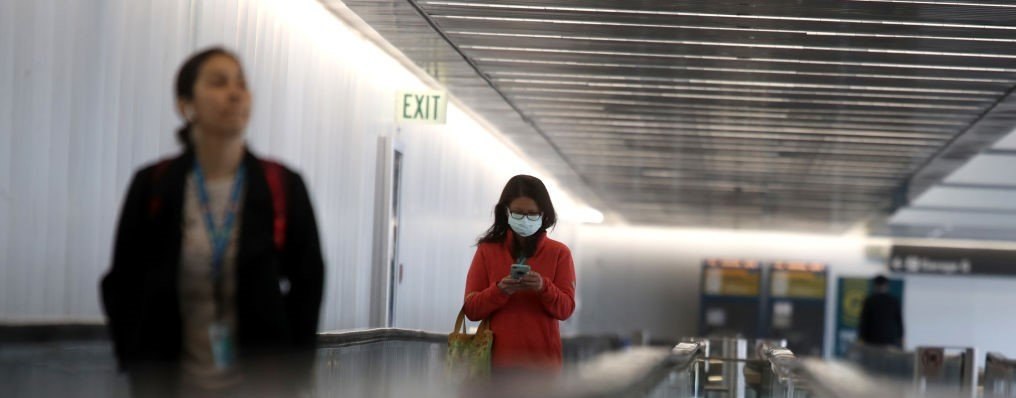
COVID-19 report: How the virus is affecting everything, from politics to brands
This report was last updated on March 27, 2020.
As COVID-19 continues to spread across the planet, the virus is affecting nearly every part of life. Since January, YouGov has been gathering data on how these facets of America are affected — from how it’s shifting the behavior of consumers and workers, to how voters are participating in democracy, to how brands are impacted.
We’ve gathered all of our findings here for you to explore.

Attitudes and lifestyle
America is social distancing: More than three-quarters (76%) of Americans are practicing "social distancing," which means generally avoiding mass gatherings and maintaining distance (approximately 6 feet) from others when possible. View full results
America's understanding of “flattening the curve”: 45 percent of Americans say they know exactly what the phrase means, which refers to measures that keep the daily number of new COVID-19 cases at a manageable level for the health system. See full results
Do Americans know what to do? More than three-quarters (76%) of Americans are somewhat or very confident they would know what to do if they begin showing symptoms of COVID-19. See full results
Where are people getting their information? 58 percent of America is getting COVID-19 information through news media, while 20 percent is getting information from websites and posts from governments and health organizations. See full results
How drinking habits are changing: In a survey done between March 23 and 24, 20% of Americans who normally drink alcohol said they had been drinking more than usual over the previous two weeks. See full results
Parents, children, and the virus: Many parents may be wondering if they should talk to their young children about the epidemic. 72 percent said that parents of young children (10 years old and younger) should talk to their kids about coronavirus while 14 percent said they should not talk to them about this. See full results
Use of other names for the coronavirus: Americans are divided on whether terms such as “Wuhan virus,” “Chinese virus,” and “Kung flu” are racist or not. See full results

Politics and government
Confidence in Vice President Pence: After the President Donald Trump put Vice President Mike Pence as the point person in the country’s response to the coronavirus, nearly a quarter (24%) said they have a lot of confidence in the VP to handle the situation. See full results
The economy over lives? After President Donald Trump publicly lamented over the economic impact of social distancing, a majority of Americans (75%) believe it’s more important to save American lives even if the US economy suffers. Just slightly more than one in nine US adults (11%) would prioritize saving the economy, even if it means American lives are lost. See full results
COVID conspiracies: Most (65%) Republicans agree that the COVID-19 threat has been exaggerated for political reasons. But a majority of Republicans also believe that calling it a “hoax” is definitely not true (85%). See full results
Vaccine price control: Health and Human Services Secretary Alex Azar said that if a coronavirus vaccine is developed, there is no guarantee that it would be affordable for everyone. "We would want to ensure that we work to make it affordable, but we can't control that price, because we need the private sector to invest. Price controls won't get us there," he said. The vast majority (77%) of Americans believe there should be price controls to ensure a vaccine is affordable. See full results
Many OK with tracking movements of quarantined patients: The South Korean government announced that it would roll out a GPS-based app that would monitor coronavirus patients in quarantine, to ensure they do not leave their designated quarantine zone. Two in five (40%) Americans said they would support the US government using a GPS tracking app to ensure those with coronavirus stay quarantined. See full results
Will concerns affect voting habits? Close to one in 10 (9%) of US adults say it’s very likely they’d consider not voting in-person because of COVID-19 concerns, while the same amount (9%) say it’s somewhat likely. See full results

Brands
Lysol sees boost amid concerns: YouGov BrandIndex data suggests those who have expressed concern about COVID-19 are much more likely to say they intend to purchase a Lysol product. Between February 8 and 25, Purchase Intent among that group doubled to five percent. See full results
Jeep brand climbs: While the auto industry is feeling enormous economic pressure as a result of COVID-19, Consideration of the Jeep brand was trending up as of March 25 according to YouGov BrandIndex data while the rest of the sector remained flat. See full results
Food-delivery sees bump: As more Americans are urged to “self-quarantine” in the midst of a rise in coronavirus cases, YouGov data suggests many convenience brands such as delivery apps and meal kits are getting an increased consideration. See full results
Shelf-stable brands see increase: Yes, grocery shoppers are reaching for toilet paper, but they’re also reaching for Honey Nut Cheerios. Of all the 2,000+ brands YouGov tracks every day, Honey Nut Cheerios saw the highest jump in purchase consideration among those concerned about the virus. US adults in general are also increasingly considering the brand, which has long been a breakfast and snack choice for kids and adults. See full results

Work and the economy
Recession fears in US and Canada: More than 60 percent of Americans say they think a recession will come in the next year, according to a March survey by YouGov conducted March 16-18. See full results
That fear is even higher in Canada, where three-quarters of the population believe a recession will happen in the next year. See full results
How many Americans can work remotely? As the CDC advised businesses in February to prepare "replace in-person meetings with video or telephone conferences and increase teleworking options," we asked Americans if they have the ability to do so. Roughly one in five (18%) said they are able to work remotely as often as they need or want to. Meanwhile, 13 percent said they are able to work remotely, but there are some limitations. See full results
Job losses coming fast: Nearly one in five Americans know someone who has lost their job because of the coronavirus. Those age 18 to 24 are especially likely (16%) to say they've been laid off recently because of the COVID-19 outbreak. See full results
How America is changing its travel plans: A March 16 - 17 poll found that 32 percent of US adults have canceled travel plans because of newly imposed travel restrictions related to the COVID-19 outbreak. See full results
A previous survey conducted on March 5 - 6 (before the US travel ban was announced) indicated that 17 percent of those with plans for leisure travel had already changed or modified their travel plans because of coronavirus concerns, while about one-quarter (23%) said they had taken extra precautions to avoid infection while traveling. One in 11 (9%) with upcoming travel at the time said they hit pause on making any more plans for the time being. See full results
Images: GettySign up for the YouGov Daily newsletter to get data about the major news of the day in your inbox
